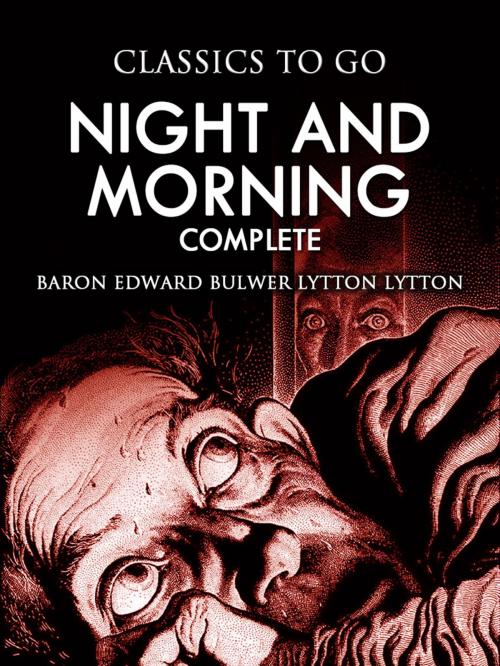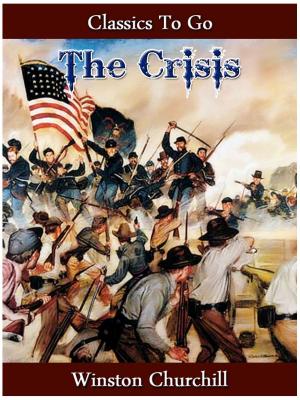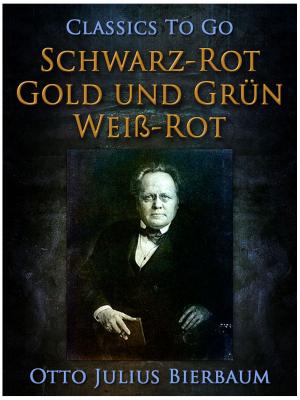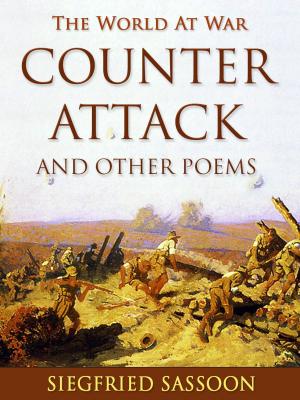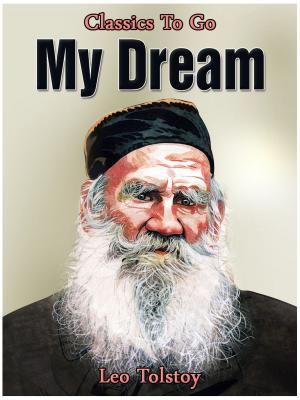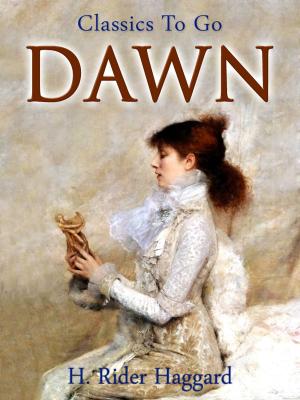| Author: | Baron Edward Bulwer Lytton Lytton | ISBN: | 9783962722616 |
| Publisher: | Otbebookpublishing | Publication: | December 31, 2017 |
| Imprint: | Otbebookpublishing | Language: | English |
| Author: | Baron Edward Bulwer Lytton Lytton |
| ISBN: | 9783962722616 |
| Publisher: | Otbebookpublishing |
| Publication: | December 31, 2017 |
| Imprint: | Otbebookpublishing |
| Language: | English |
Night and Morning was reviewed by Edgar Allan Poe in the same issue of Graham's Lady's and Gentleman's Magazine in which appeared Poe's "The Murders in the Rue Morgue," the author's first Auguste Dupin story and the story generally credited with creating modern mystery fiction. Though not wholly complimentary of Bulwer-Lytton, Poe nonetheless praises Night and Morning's plot construction. Poe probably did not read Night and Morning before he composed "The Murders in the Rue Morgue," but it is likely that the complicated plot of Night and Morning had some effect on Poe's later composition of "The Mystery of Marie Roget" and "The Purloined Letter," the second and third Auguste Dupin stories. Moreover, both Charles Dickens and Wilkie Collins knew of Night and Morning, and it is arguable that Favart was an influence on Dickens' creation of Inspector Bucket in Bleak House (1853) and on Collins' creation of Sergeant Cuff in The Moonstone (1868), and both those characters were signally important in the development of the fictional detective.
Night and Morning was reviewed by Edgar Allan Poe in the same issue of Graham's Lady's and Gentleman's Magazine in which appeared Poe's "The Murders in the Rue Morgue," the author's first Auguste Dupin story and the story generally credited with creating modern mystery fiction. Though not wholly complimentary of Bulwer-Lytton, Poe nonetheless praises Night and Morning's plot construction. Poe probably did not read Night and Morning before he composed "The Murders in the Rue Morgue," but it is likely that the complicated plot of Night and Morning had some effect on Poe's later composition of "The Mystery of Marie Roget" and "The Purloined Letter," the second and third Auguste Dupin stories. Moreover, both Charles Dickens and Wilkie Collins knew of Night and Morning, and it is arguable that Favart was an influence on Dickens' creation of Inspector Bucket in Bleak House (1853) and on Collins' creation of Sergeant Cuff in The Moonstone (1868), and both those characters were signally important in the development of the fictional detective.
